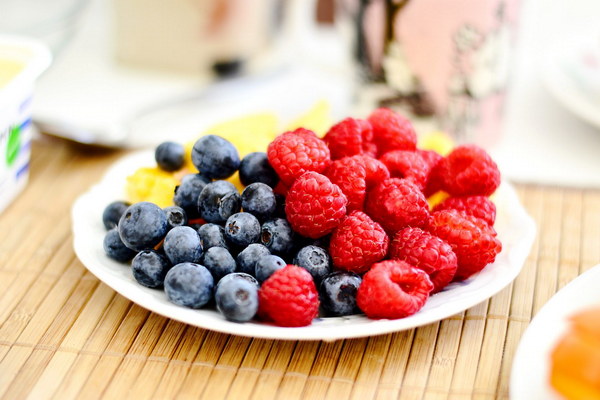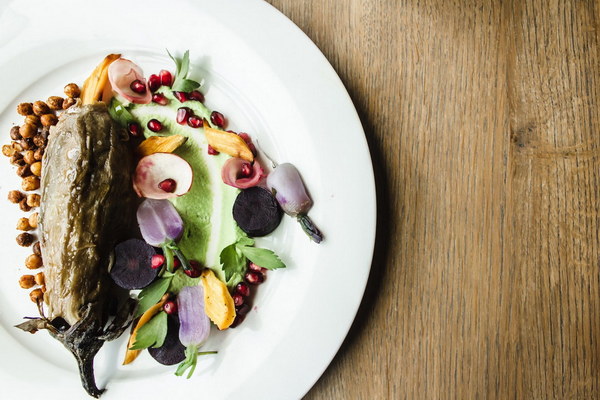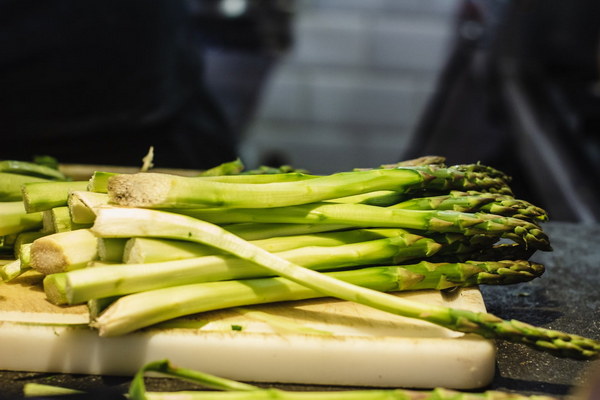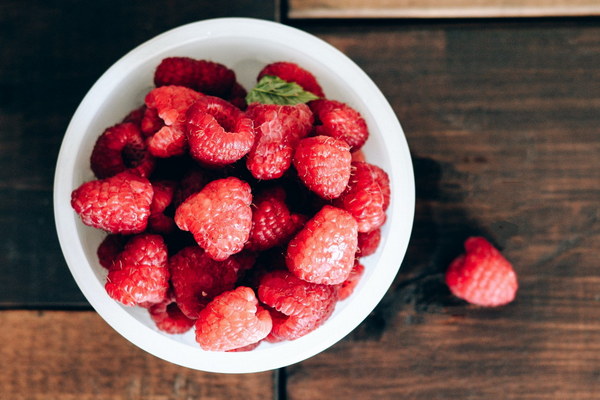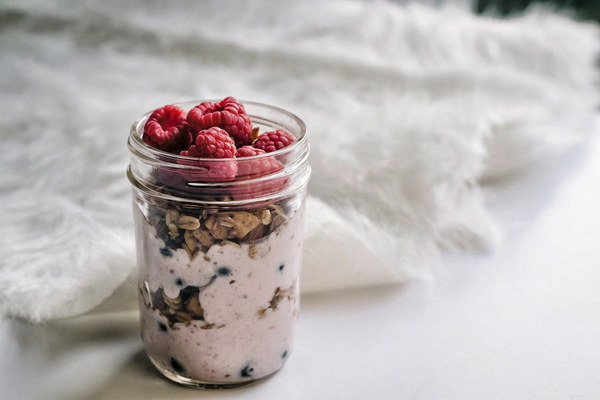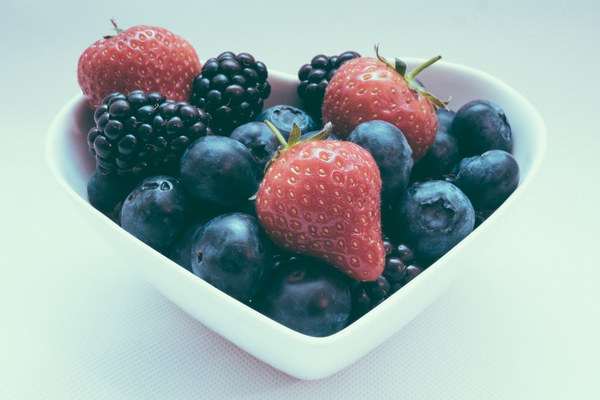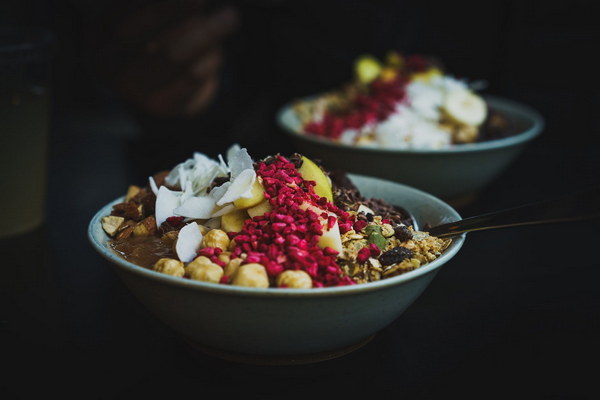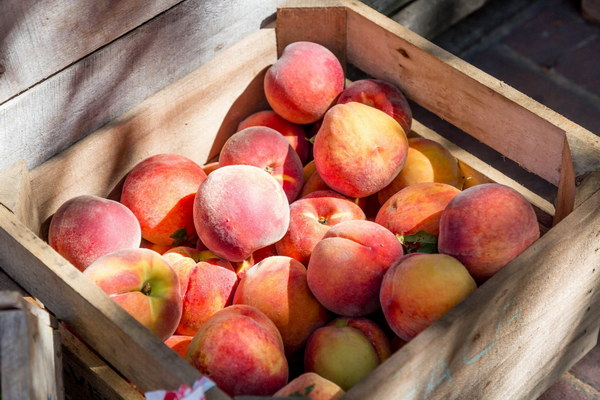Healing Face Injuries A Nutritional Guide to Tissue Repair and Recovery
Introduction:
Facial injuries can be distressing, both physically and emotionally. Whether from an accident, sports injury, or other trauma, the healing process requires time and care. One often overlooked aspect of recovery is the role of nutrition. This article explores the best foods and nutrients to incorporate into your diet to support tissue repair and accelerate the healing process for facial injuries.
1. Protein-Rich Foods for Tissue Repair
Protein is essential for the growth and repair of tissues. Consuming adequate protein helps in the formation of new cells and the healing of damaged ones. Here are some protein-rich foods that can aid in facial injury recovery:
- Lean meats: Chicken, turkey, and lean beef provide high-quality protein.
- Fish: Tuna, salmon, and mackerel are excellent sources of protein and omega-3 fatty acids.
- Eggs: A versatile food that is rich in protein and easily digestible.
- Dairy products: Milk, yogurt, and cheese are good sources of protein and calcium, which supports bone healing.
- Legumes: Beans, lentils, and chickpeas are great plant-based protein options.
2. Vitamin C for Collagen Synthesis
Vitamin C is crucial for the synthesis of collagen, a protein that provides structure and strength to tissues. Increasing your vitamin C intake can help speed up the healing process. Foods high in vitamin C include:
- Berries: Strawberries, blueberries, raspberries, and blackberries are all rich in vitamin C.
- Citrus fruits: Oranges, grapefruits, lemons, and limes are excellent sources of this vital nutrient.
- Vegetables: Broccoli, bell peppers, spinach, and kale are high in vitamin C.
- Tomatoes: Although technically a fruit, tomatoes are a good source of vitamin C and can be consumed raw or cooked.
3. Vitamin E for Skin Health
Vitamin E is a powerful antioxidant that helps protect skin cells from damage and promotes healing. Foods rich in vitamin E include:
- Nuts: Almonds, walnuts, and hazelnuts are good sources of vitamin E.
- Seeds: Sunflower seeds and pumpkin seeds are also high in vitamin E.
- Leafy greens: Spinach and kale contain vitamin E along with other beneficial nutrients.
- Vegetable oils: Olive oil and sunflower oil are great sources of vitamin E.
4. Omega-3 Fatty Acids for Inflammation Reduction
Inflammation is a natural response to injury, but excessive inflammation can hinder the healing process. Omega-3 fatty acids have anti-inflammatory properties that can help reduce swelling and pain. Incorporate these foods into your diet:
- Fish: Salmon, sardines, and mackerel are rich in omega-3 fatty acids.
- Flaxseeds: These seeds are a great plant-based source of omega-3s.
- Chia seeds: High in omega-3s and fiber, chia seeds can be added to smoothies or yogurt.
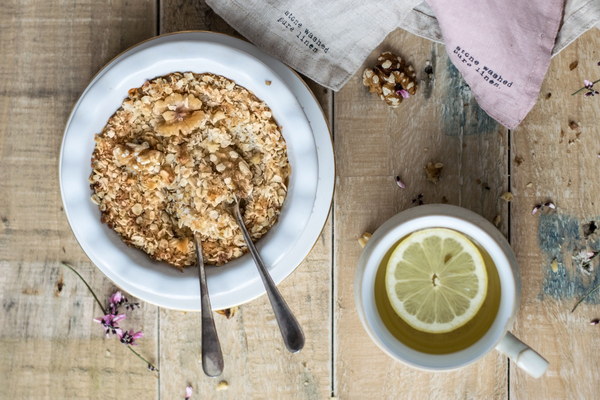
- Walnuts: A handful of walnuts daily can provide a good amount of omega-3s.
5. Hydration for Fast Healing
Staying hydrated is vital for overall health and healing. Water helps transport nutrients to damaged tissues and aids in the elimination of waste products. Aim to drink at least 8 glasses of water per day, and consider adding the following hydrating foods to your diet:
- Watermelon: A juicy fruit that is about 92% water.
- Cucumbers: These vegetables have a high water content and are also rich in skin-friendly nutrients.
- Lemons and limes: Adding these citrus fruits to water can enhance flavor and provide a boost of vitamin C.
Conclusion:
Incorporating a balanced diet rich in protein, vitamins, and antioxidants can significantly aid in the healing process of facial injuries. By focusing on the right nutrients, you can support tissue repair, reduce inflammation, and speed up recovery. Remember to consult with a healthcare professional or a registered dietitian for personalized advice, especially if you have specific dietary restrictions or health conditions. With the right nutritional support, your body can work efficiently to restore your facial tissues to their pre-injury state.

